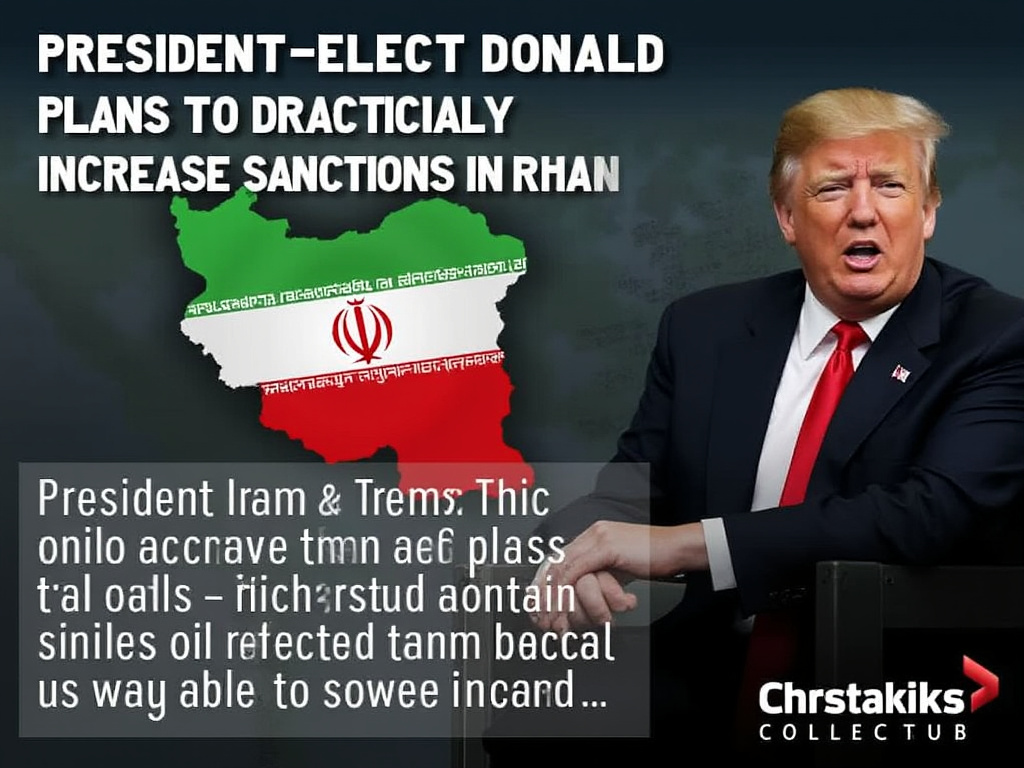As Donald Trump prepares to enter the White House for his second term, his administration has signaled plans to significantly intensify sanctions against Iran. The strategy aims to disrupt Tehran’s oil exports and diminish its financial resources, which fund its nuclear ambitions and support for regional militias, according to sources familiar with Trump’s early policy outlines.
Background on Trump’s Iran Policy
During his previous term, Trump withdrew from the Iran nuclear deal, officially known as the Joint Comprehensive Plan of Action (JCPOA), in 2018. His administration then launched a “maximum pressure” campaign, aiming to force Iran to halt its nuclear program, cease backing terrorist groups, and address human rights issues. Despite these efforts, Iran’s activities in these areas continued, albeit under increased economic strain.
Personal Motivation Behind the Policy
The assassination attempts on Trump and former key national security figures by Iranian agents, allegedly in retaliation for the U.S. drone strike that killed Iranian General Qassem Soleimani in 2020, have reportedly fueled Trump’s determination to pursue a stringent policy against Iran. “People tend to take that stuff personally,” remarked Mick Mulroy, a former Pentagon official.
Details of the Upcoming Strategy
Trump’s new administration intends to swiftly implement measures to cut off Iran’s oil revenue. This includes targeting foreign ports and traders involved in the handling of Iranian oil, aiming to replicate and perhaps intensify the sanctions regime from his first term.
- Economic Isolation: The goal is to economically isolate Iran further than before, leveraging its current weakened state post-conflict with Israel, where significant damage was done to both Hezbollah and Hamas leadership structures.
- Global Enforcement: The Trump administration plans to ensure these sanctions are globally enforced, potentially affecting countries and companies worldwide that engage with Iran’s oil sector.
- Response to Regional Dynamics: Recent military engagements between Israel and Iranian proxies have left Iran in a precarious position, which Trump’s team sees as an opportunity. The new sanctions might also respond to Iran’s threats of retaliation following Israel’s strikes on Iranian soil.
Implications and Reactions
While specifics on the escalation of sanctions remain under wraps, the intent is clear: to cripple Iran’s economy, particularly its oil exports, which are vital for funding its military and proxy activities. This could lead to:
- Increased Tensions: Heightened sanctions might escalate tensions in the Middle East, with potential for direct or proxy conflicts.
- Economic Impact: Iran’s economy, already struggling, might face further deterioration, impacting ordinary citizens and possibly leading to internal pressure on the regime.
- International Relations: The move could strain relations with European allies who have been less enthusiastic about U.S. sanctions against Iran, especially if these measures disrupt global oil markets or if they’re seen as unilateral U.S. actions.
Conclusion
As Trump gears up for his second term, his policy towards Iran is set to be one of the most aggressive yet, focusing on economic warfare through sanctions. This approach not only reflects his personal vendetta but also aligns with his broader foreign policy of exerting economic dominance over geopolitical adversaries. The effectiveness of these sanctions, however, will largely depend on international cooperation and Iran’s resilience and response strategies.



